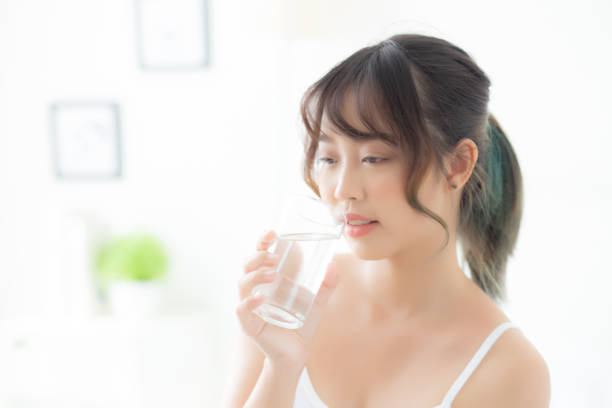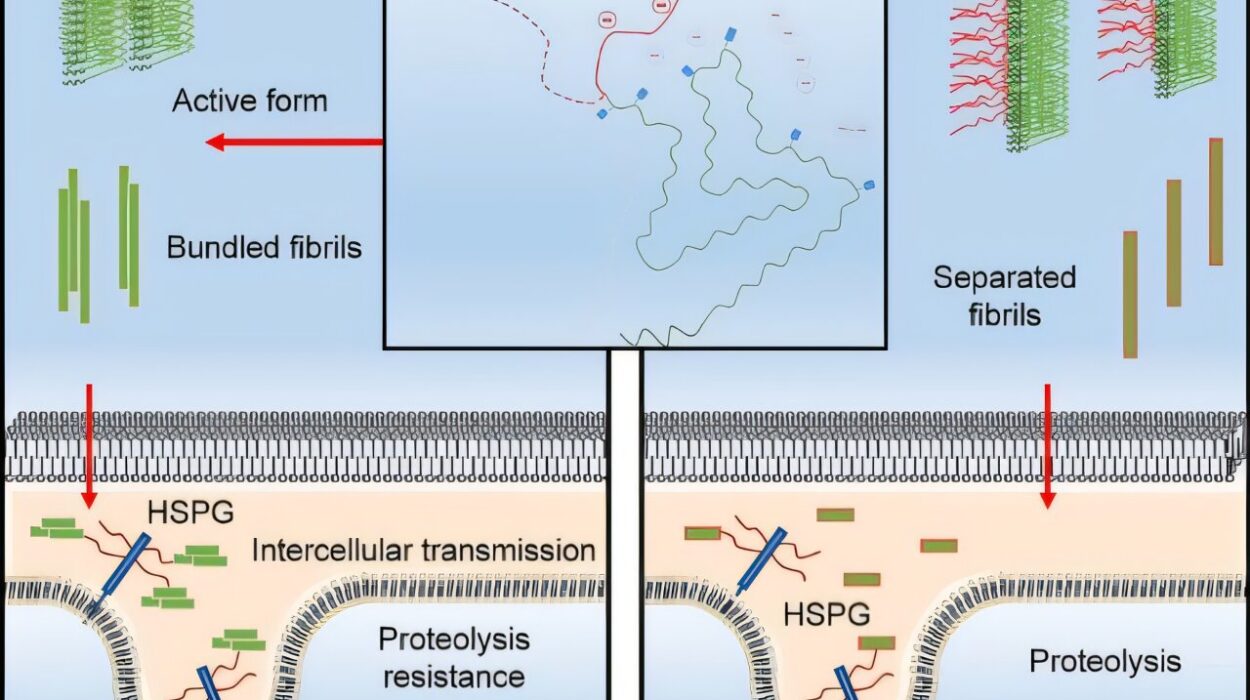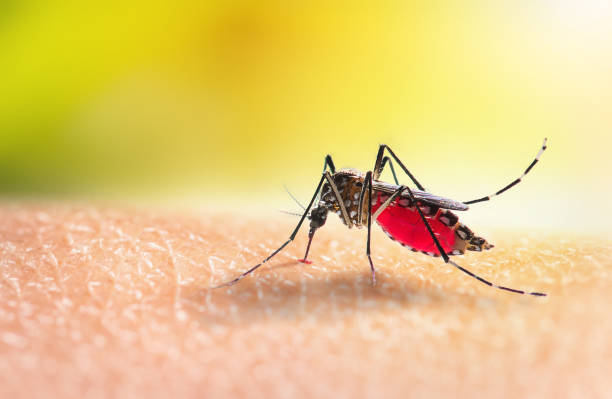Imagine a desert: dry, cracked earth under a blazing sun, where life struggles to survive. Now imagine your body, a living organism, without water. Dehydration is like a desert creeping into the very fabric of our cells. Water is life’s quiet miracle, the foundation upon which our health rests, yet we often take it for granted.
Every sip of water is more than just refreshment—it is a life-giving act that fuels our organs, sharpens our minds, stabilizes our emotions, and sustains the rhythms of life. Hydration is not a luxury; it is survival. But beyond survival, proper hydration unlocks energy, resilience, and vitality. To understand health without water is to miss the very essence of what makes us alive.
The Science of Water in the Human Body
Water is the most abundant substance in our bodies, making up around 60–70% of our total weight. Babies are born with an even higher percentage, sometimes over 75%, which gradually decreases with age. Every organ, every tissue, every cell relies on water to function.
Blood, the river of life, is about 90% water. It carries oxygen, nutrients, hormones, and immune cells throughout the body. Muscles and joints are cushioned and lubricated by water. The brain, one of the most water-dependent organs, is nearly 75% water and relies on proper hydration to maintain focus, memory, and mood.
Even the smallest cellular processes depend on water. It dissolves minerals and nutrients, making them accessible for absorption. It facilitates chemical reactions, eliminates waste, and regulates temperature. Without water, cells shrivel, systems falter, and the body begins to fail.
Hydration and Energy: Why Water Powers Vitality
Have you ever felt sluggish, foggy, or exhausted without a clear reason? The culprit is often dehydration. Even mild dehydration—as little as 1–2% fluid loss—can impair energy, focus, and physical performance.
When the body lacks water, blood volume decreases, forcing the heart to work harder to pump oxygen and nutrients. Muscles become fatigued, endurance drops, and coordination suffers. This is why athletes emphasize hydration as much as training; without it, performance declines dramatically.
But hydration is not just for athletes. Everyday energy relies on it. Proper water intake supports metabolism, helps convert food into energy, and ensures that nutrients reach every cell. Simply put, water is not just a passive substance; it is the fuel that keeps the body’s engine running smoothly.
Hydration and the Brain: The Mental Edge
The brain is exquisitely sensitive to hydration levels. Dehydration doesn’t just cause physical tiredness; it disrupts cognitive function. Studies show that even a slight dip in hydration can impair concentration, alertness, memory, and mood.
A dehydrated brain is like a computer running low on power—sluggish, error-prone, and less efficient. Students studying for exams, professionals working long hours, or anyone engaged in mentally demanding tasks need hydration as much as oxygen.
Mood is also linked to hydration. Dehydration can increase irritability, anxiety, and even symptoms of depression. A well-hydrated brain, on the other hand, promotes calm, clarity, and resilience against stress.
Hydration and Digestion: Flowing from Within
Water is the silent partner of the digestive system. From the moment food enters the mouth, saliva—mostly water—begins breaking it down. Stomach acid and enzymes, vital for digestion, rely on adequate fluid levels.
Water also ensures smooth passage of food through the intestines and prevents constipation by softening stools. Without hydration, digestion slows, discomfort increases, and the risk of gastrointestinal problems rises.
Hydration also aids nutrient absorption. Vitamins and minerals require a watery environment to be absorbed into the bloodstream. A body deprived of water cannot fully reap the benefits of even the healthiest diet.
Hydration and Detoxification: The Cleansing Stream
Every day, the body generates waste products from metabolism. Without proper hydration, these toxins accumulate, straining organs and impairing health.
The kidneys, the body’s filtration system, depend on water to remove waste through urine. Insufficient hydration can lead to kidney stones, urinary tract infections, and, in severe cases, kidney failure.
Sweating, another detoxification process, eliminates waste while regulating temperature. But sweat requires replenishment. Without it, the body overheats and toxins linger longer than they should.
Hydration is thus essential for cleansing the body—not through trendy detox diets, but through the natural, ongoing process of elimination and renewal.
Hydration and Immunity: Defending the Fortress
A well-hydrated body is better equipped to fight illness. Water helps distribute immune cells throughout the body, ensures lymph fluid circulates effectively, and supports the production of protective barriers like mucus in the respiratory tract.
Mucus might sound unpleasant, but it is a frontline defender, trapping pathogens before they can enter deeper tissues. Dehydration dries out these protective layers, making it easier for viruses and bacteria to invade.
By keeping hydration levels steady, we give our immune system the tools it needs to defend us effectively. In a world where infectious diseases remain a constant threat, hydration is an everyday form of protection.
Hydration and Heart Health: Circulating Life
The heart, tirelessly beating from birth to death, depends profoundly on hydration. Blood is largely water, and its volume must remain stable to carry oxygen and nutrients. When dehydration sets in, blood becomes thicker, circulation slows, and blood pressure may rise.
Chronic dehydration can strain the heart, increasing the risk of hypertension and cardiovascular disease. Conversely, adequate hydration supports smooth blood flow, eases the heart’s workload, and promotes overall cardiovascular stability.
Hydration, therefore, is not just about quenching thirst—it is about sustaining the rhythm of life itself.
Hydration and Skin: Radiance from the Inside Out
Beauty is often sought through creams, serums, and treatments, but true skin health begins with hydration. Water plumps skin cells, maintains elasticity, and supports repair. Dehydrated skin looks dull, dry, and more prone to wrinkles.
While topical products can help, they cannot replace the internal hydration that sustains skin’s natural glow. Drinking enough water hydrates skin from the inside, giving it resilience and vibrancy.
In a culture obsessed with external solutions, it is worth remembering that the most effective beauty secret may be as simple as a glass of water.
Hydration and Physical Performance: Fuel for Movement
Every athlete knows the difference hydration makes. During physical activity, the body loses water through sweat. If that water is not replaced, muscles tire, coordination falters, and performance declines.
Hydration regulates body temperature during exercise, prevents cramps, and delivers oxygen to working muscles. Without it, endurance collapses, recovery slows, and injury risk rises.
Yet this is not just about professional athletes. Anyone walking, dancing, gardening, or playing with children benefits from hydration. Movement is life, and water fuels that life at every level.
The Silent Signs of Dehydration
Thirst is not always the first or most reliable indicator of hydration. By the time we feel thirsty, dehydration has already begun. Signs can be subtle: fatigue, headaches, dry mouth, dizziness, irritability, or difficulty concentrating.
Chronic mild dehydration may be overlooked for years, yet it quietly undermines health, contributing to digestive issues, kidney problems, cardiovascular strain, and cognitive decline. Recognizing these signs is vital to prevent long-term damage.
How Much Water Do We Really Need?
The “8 glasses a day” rule is a common guideline, but hydration needs vary depending on age, body size, activity level, climate, and overall health. The National Academies of Sciences suggests about 3.7 liters (for men) and 2.7 liters (for women) of total fluids daily, including water from food.
Hydration is not one-size-fits-all. Athletes, pregnant women, and those in hot environments often need more. Foods like fruits and vegetables also contribute significantly to hydration, sometimes providing up to 20% of daily fluid intake.
The best advice? Listen to your body. Monitor urine color (pale yellow is ideal), watch for subtle signs of dehydration, and drink consistently throughout the day.
Beyond Water: Other Sources of Hydration
While pure water is the gold standard, other beverages and foods contribute to hydration. Herbal teas, milk, and diluted fruit juices add variety, while water-rich foods like cucumbers, melons, oranges, and leafy greens boost hydration naturally.
However, not all beverages are equal. Sugary sodas, alcohol, and excessive caffeine can dehydrate rather than hydrate. True hydration emphasizes fluids that nourish rather than burden the body.
Hydration Across the Lifespan
Hydration needs evolve throughout life. Infants and children, with their higher water content, are especially vulnerable to dehydration. Elderly individuals, on the other hand, often have a reduced sense of thirst and may unintentionally under-hydrate.
Pregnancy and breastfeeding also increase fluid requirements, as water supports both mother and child. In each stage of life, hydration shapes growth, development, and vitality in unique ways.
Cultural Perspectives on Hydration
Across cultures, water holds symbolic and practical significance. From sacred rivers in ancient traditions to modern wellness rituals, water is associated with purification, renewal, and life.
Cultural practices—such as starting the day with warm water in some Asian traditions or using herbal infusions in African and Middle Eastern cultures—reflect deep understandings of hydration’s role in health. Science now confirms much of this wisdom, revealing hydration as both a practical necessity and a spiritual symbol of vitality.
The Future of Hydration Science
As science advances, we are learning more about personalized hydration. Wearable sensors now monitor sweat composition and hydration status in real time. Researchers explore how genetics influence fluid needs, while nutritionists emphasize the synergy between water and electrolytes for optimal balance.
Future innovations may allow hydration to be tailored precisely to individual needs, preventing illness before it begins and optimizing human performance in ways we cannot yet imagine.
Hydration as a Daily Ritual of Self-Care
Hydration is not just a biological requirement; it is a ritual of self-care. Each sip of water is a reminder that we are nurturing our bodies, fueling our minds, and honoring life itself.
To hydrate is to choose vitality over fatigue, clarity over confusion, resilience over vulnerability. It is a simple act with profound consequences, one that costs little but gives immeasurably.
Conclusion: Water, the Key to Thriving
Hydration is the key that unlocks health at every level—physical, mental, emotional, and social. It fuels energy, sharpens the mind, protects the heart, strengthens the immune system, and sustains beauty. It is the foundation upon which all wellness rests.
In a world overflowing with complex health advice, hydration is refreshingly simple: drink, nourish, thrive. Water is not just the source of life—it is the secret to living fully.






